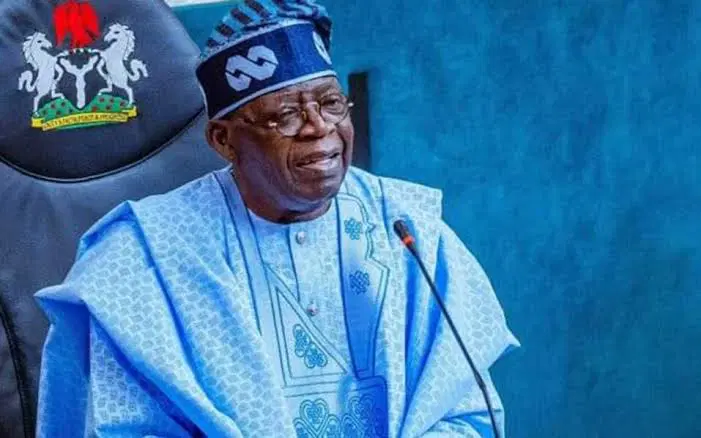The vacant diplomatic positions since President Bola Tinubu assumed office do not reflect a progressive attitude toward Nigeria’s international community.
If anything, they depict a sharp contrast to the country’s aggressive quest for foreign direct investment and a hazy recognition of the essence of diplomatic missions.
For a progressive-minded administration, it is shocking and uninspiring that this matter has lingered far longer than it should.
There was optimism when President Tinubu, in September 2023, recalled all Nigerian ambassadors from over 100 embassies and high commissions worldwide.
The Minister of Foreign Affairs, Ambassador Yusuf Tuggar, rightly described the act as being in line with the President’s prerogative to reassign or recall ambassadors at will.
By November of the same year, media reports emerged of a compiled list of potential ambassadors. One year later, nothing has changed. The appointment has remained a mirage. The President has yet to submit a new list of ambassadors for Senate approval, thereby leaving key diplomatic posts vacant.
Since then, the polity has had to deal with speculations and expectations about a list that has yet to see the light of day.
This delay continues as other nations maintain active ambassadors in Nigeria, carrying out their diplomatic duties in Abuja while Nigeria’s ambassadorial roles remain unfilled.
Nigerians had high hopes that the appointment would have been completed by now for obvious reasons.
For emphasis, countries have ambassadors to represent their interests, promote diplomatic relations, and facilitate communication with other nations.
Beyond serving as the official representatives of their country’s government, ambassadors play a vital role in maintaining international relations, promoting national interests, and fostering cooperation. Their work helps shape global politics, economies, and cultures.
What’s more, the need for urgency in posting ambassadors came to the fore in the face of a move to give Africa a permanent seat on the United Nations (UN) Security Council.
This is especially true given that Vice President Kashim Shettima, representing President Tinubu, called for permanent seats for Africa on the UN Security Council at the recent 79th United Nations General Assembly.
However, there are concerns that the absence of strategic ambassadorial appointments in major global capitals is not good for Nigeria’s diplomatic agenda.
It is worth noting that ambassadorial posting is symbolic, as it reflects a sense of diplomatic respect for the host country.
Expectedly, the delay has set off a rumor mill that has repeatedly produced lists of names of top politicians as likely members of the diplomatic team.
One such list included the names of former governors and some of the president’s close friends. While the list remains the president’s prerogative, we believe it is crucial that the right persons are assigned to represent Nigeria.
By now, the reality of why Nigeria cannot afford to send rookies or local political champions to top diplomatic postings is abundantly clear. The state of the country, from security to the economy, has been poor.
In our view, persons who have questions to answer about their previous service to the country in any capacity cannot be assigned to such positions. This ordinarily should be a given.
But Nigerians have witnessed worse, where persons who are supposed to be answering for alleged misconduct are assigned to undertake another state assignment without sufficient explanation. We cannot afford to send persons with baggage to such postings. Besides the bad image it portends for the country, such persons might become weak links and easy targets for foreign spies to compromise.
If this notion is to be upheld, it therefore underscores the prime place of merit as the criterion for choosing ambassadors. This is a critical requirement, not necessarily because of the need to ensure career diplomats are allowed to fully deploy their expertise, but because we need to keep our best foot forward in a world experiencing far more unpredictable outcomes due to the quality of global actors and the emerging multipolar balance of power.
For one, the president has, since he came into office, engaged the international community, assuring them of Nigeria’s readiness to do business. He has consistently and aggressively marketed Nigeria’s potential in the face of foreign capital flight. Ambassadors are the architects of these relationships, ensuring that promises made at the highest levels are implemented effectively.
The time for delay is over. President Tinubu must act with urgency, not just to fill these vacancies but to signal Nigeria’s seriousness about its place in the world. In diplomacy, as in governance, the details matter. The “t’s” must be crossed, the “i’s” dotted, and the ambassadors posted.
Only then can Nigeria begin to bridge the gap between its rhetoric and reality, reclaiming its voice and vision on the global stage.
